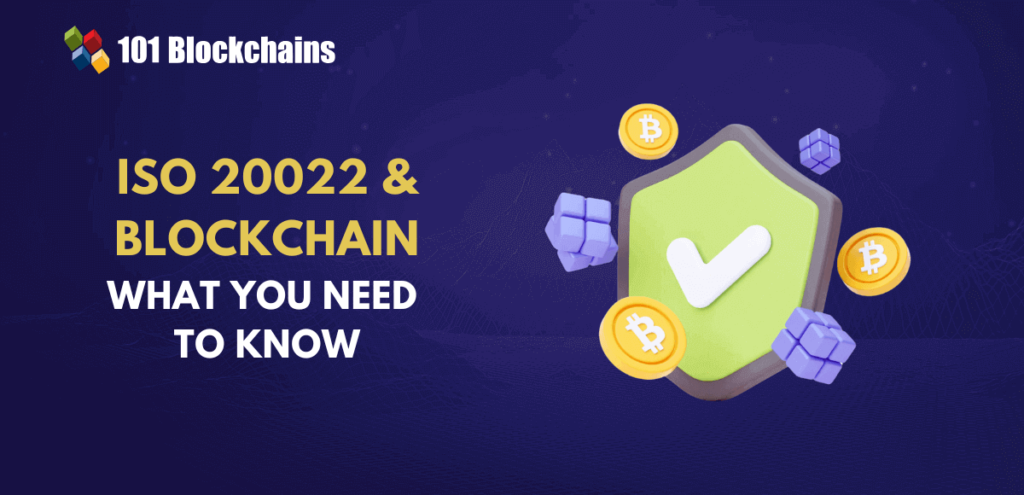ISO 20022 is a crucial standard for blockchain technology, although ISO 20022 crypto has yet to be fully established. Currently, traditional financial environments dominate the scene, with business applications focusing on utilizing blockchain for data exchange and workflow automation across industries. By integrating ISO 20022 into blockchain platforms, solutions aligned with existing financial messaging protocols can be developed. This integration will drive widespread adoption of blockchain, replacing traditional banking credit practices, streamlining cross-border transactions, and improving digital asset management.
Understanding ISO 20022
ISO 20022 is a modern standard that outlines the creation of messages for use in the financial services sector in a specific country or region. It replaces older messaging standards like SWIFT MT messages and encompasses various industries such as payments, securities, credit cards, and foreign exchange. Adopting ISO 20022 allows financial institutions to achieve greater efficiency, reduce operational risks, and enhance data quality. The standard supports messages with larger volumes of sensitive financial data, improving security, reducing transaction errors, and enhancing efficiency in the world of finance.
What is the ISO for blockchain?
While ISO 20022 crypto is primarily designed for traditional environments, its concepts can enhance blockchain technology by improving data exchange and interoperability. Financial institutions worldwide are beginning to see benefits from ISO 20022-compliant blockchains, enabling them to comply with ISO standards, reduce friction in international monetary transactions, ensure regulatory adherence, and enhance payment processing in real-time.
ISO 20022 in Blockchain
Blockchain-based decentralized solutions are increasingly being adopted in banking and finance due to their security, transparency, and efficiency. The integration of ISO 20022 with blockchain platforms acts as a gateway that enables traditional finance systems and blockchain networks to communicate in a more standardized way. This interoperability enhances cross-border transactions, eliminates the need for middlemen, and allows for direct transactions between users.
ISO 20022 Blockchain Integration
The integration of ISO 20022 in blockchain ensures that blockchain transactions are approved by financial institutions, simplifying international payments and financial activities. Financial institutions are adopting ISO 20022-compliant blockchains to simplify cross-border transactions, reduce costs associated with outdated financial infrastructures, and provide businesses with real-time payment processing while maintaining security, speed, and regulatory compliance.
Challenges in Integrating ISO 20022 with Blockchain
Overcoming challenges in integrating ISO 20022 with blockchain requires collaboration among financial institutions, blockchain developers, and regulators. Organizations need to ensure that the adoption of ISO 20022 does not undermine the usefulness of blockchain by setting standard procedures for blockchain transactions.
Blockchain And ISO 20022 Compliance
To achieve compliance with ISO 20022 in blockchain, blockchain platforms must be able to construct and receive messages in the ISO 20022 format. While blockchain networks can interact with each other through ISO 20022-compliant messages, additional processing is required to incorporate such messages into traditional financial services architecture.
Implications for Cross-Border Payments
Implementing ISO 20022 on the blockchain enhances both international and local cross-border payments, making transactions clearer, more efficient, and less prone to errors. Blockchain ISO 20022 enables the processing of complex analytical tasks, fraud detection, prevention, and tailored solutions compatible with any merchant, ultimately achieving a transparent, secure financial transaction model aligned with regulatory practices and global financial institutions’ expectations.
Final Words
The successful integration of ISO 20022 with blockchain can enhance financial interoperability, security, and efficiency. Overcoming regulatory and technical challenges is essential for widespread adoption. As the finance sector evolves, collaboration between ISO 20022 and blockchain will take the global payments system to the next level.

